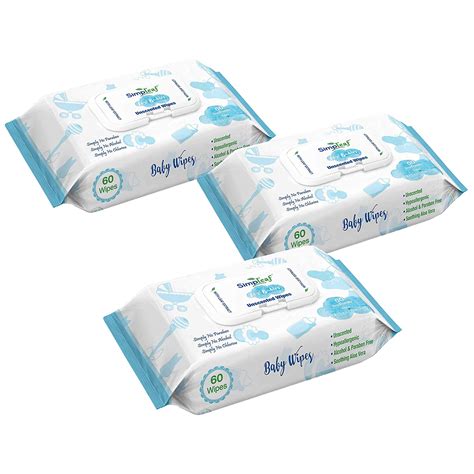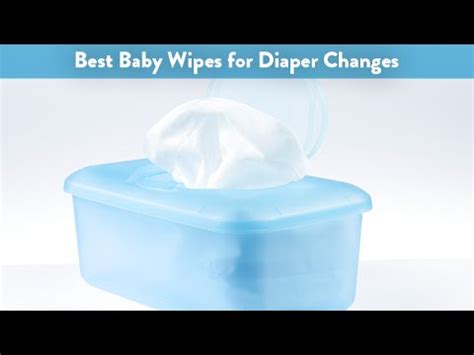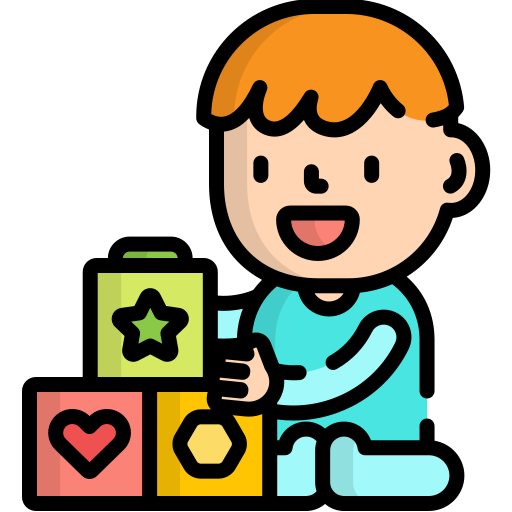
The wipes you use on your baby are as personal as you are. For some parents, wipes are a necessary evil, while for others, they’re more like superstition. Which wipes are best for baby, the truth is, wipes have developed a bad reputation over the years for being messy, germ-filled, and generally not hygienic. But that’s all about to change, as the new generation of wipes has piqued our interest.
Wipes have come a long way in the past few decades from the flimsy, resealable plastic squares we took out of our pocket or purse to a cloth-based necessity that can change a crying baby’s diaper, clean a wiped-out infant, or even soothe a sore throat. As a result, there’s now a plethora of different wipes on the market (and in our opinion, they’re all pretty darn good). Here’s a guide to help you decide which wipes are the best for baby:
Alongside diapers, wipes are an absolute necessity and have child fundamental for all families. Other than guaranteeing your child has a perfect diaper region, they are additionally helpful for cleaning countenances and hands. You might utilize them to wipe down infant chairs or get spills from the cover.
Many children can be touchy with aromas or fixings in wipes, so you should begin with a little bundle of wipes and check whether they bring on any response. You’ll likewise presumably need to change out your wipes once your child begins eating strong food sources. Infant crap is night and day different than little child crap and you will require a heavier-obligation wipe to manage everyday wrecks.
Contents
Best wipe for a baby with bed-wetting
Bed-wetting is one of the most common developmental disabilities in young children, with one in five children under the age of 18 wetting the bed. As a result, it’s a great indication to look out for products that target this common issue. So, while there are many different types of wipes on the market, we recommend wipes for bed-wetting.
The fleece backing on these wipes brings back so many childhood memories for many parents, and they’re also great for all those messy baby solids. Once your baby is done bed-wetting, you can pop them in the wash and they’ll be as fresh as the day you got them!
Best wipes for diaper changes

To keep your baby’s bottom clean, you need to change their diaper frequently, which can be a pain in the neck. Diaper rash is one of the most common conditions a baby can get, and changing a baby’s diaper often is the cause of many a parent’s frustrations. But that’s all about to change with the introduction of baby wipes!
Diaper rash is one of those common conditions that can be treated with medication, but it also can be easily avoided by simply changing your baby’s diaper more frequently – usually every 2-3 hours. Most wipes will have a fabric backing, which is generally soft on a baby’s sensitive skin.
Diaper rash is often accompanied by a rash on the skin, which is red and bumpy. Using a soft, damp cloth (not wipes) to gently scrub the rash and wash away the excess oil can help prevent potential irritation.
Best baby wipes for different skin types
Depending on how sensitive your skin is, you may want to stick that which wipes are best for baby. For example, if you have sensitive skin, you may want to avoid diaper rash products that contain alcohol and harsher cleansers that contain sodium.
How to use wipes for baby?
Depending on your baby’s age and weight, different-sized wipes are used for different purposes. Most infant wipes are intended to be used on the sensitive skin surrounding the baby’s face, chin, and mouth from birth to six months of age. Around 18 to 24 months of age, newborns often start to experience teething, at which point they start to experiment with putting their fingers and other items in their mouths.
In order to prevent needless harm to your baby’s teeth and gums, you should definitely stick to a gentler wash for the first six months or so. You may start using a more potent cleaning, such Dr. Bronner’s Baby Soap or a store-bought infant wash, after your baby is older than six months.
What are baby wipes made of?
Wipes are made up of fiber material and water, often with a preservative added to keep bacteria at bay. Both of these factors make wipes one of the safest options for your baby.
Most wipes are also made with a combination of natural and/or herbal ingredients like tea tree, eucalyptus, clove, menthol, echinacea, and more. Some wipes are free of alcohol and sodium, which are great for sensitive skin. In addition to all this, many wipes are also produced with a scent, which can make them pleasant to use.
The 3 types of wipes you can buy for baby?
There are three types of wipes you can use for your baby: wipe, wet and dry. Wipe is the most common type of baby wipe and is used for cleaning the face and hands. Wet wipes are for cleaning the entire body and are often used for cleaning areas like the diaper area, under the skin, and in the mouth. Dry wipes are for when you want to remove all water content from your baby’s body.
What is the best wipe for a baby?
When it comes to baby wipes, there’s no one-size-fits-all rule. You’ll want to pick the right products for the right needs. Here are a few things to keep in mind:
- For sensitive skin, consider using natural and/or plant-based products.
- For more teary-eyed moments, look for baby wipes with menthol or eucalyptus and tea tree oil.
- For strong, clean wipes, go with alcohol-free options like Dr. Bronner’s Baby Soaps or store-bought baby washes.
- For added protection against diaper rashes, go with a stronger cleaner like Dr. Bronner’s Baby Soaps or store-bought baby washes.
Conclusion
Which wipes are best for baby the ones that do the most for your baby? There are wipes for pretty much any need, from delicate skin to really tough cleaning. Others are better for long, hot showers, while certain wipes are better for specific skin issues. Thus, you must carefully evaluate your kid’s needs and preferences while selecting the finest baby wipes.
Related posts:
- How to wash baby doll with plastic head? – Pro Tips
- How To Clean Baby Mouth And Tongue? | Techniques And Tips
- What Are The Best Baby Wipes For Rash?
- What Is The Best Diaper And Baby Wipes For A Newborn Baby?
- The Ultimate Guide to Baby Care: Everything You Need to Know
- The Art of Soothing: Techniques for Calming Your Baby
